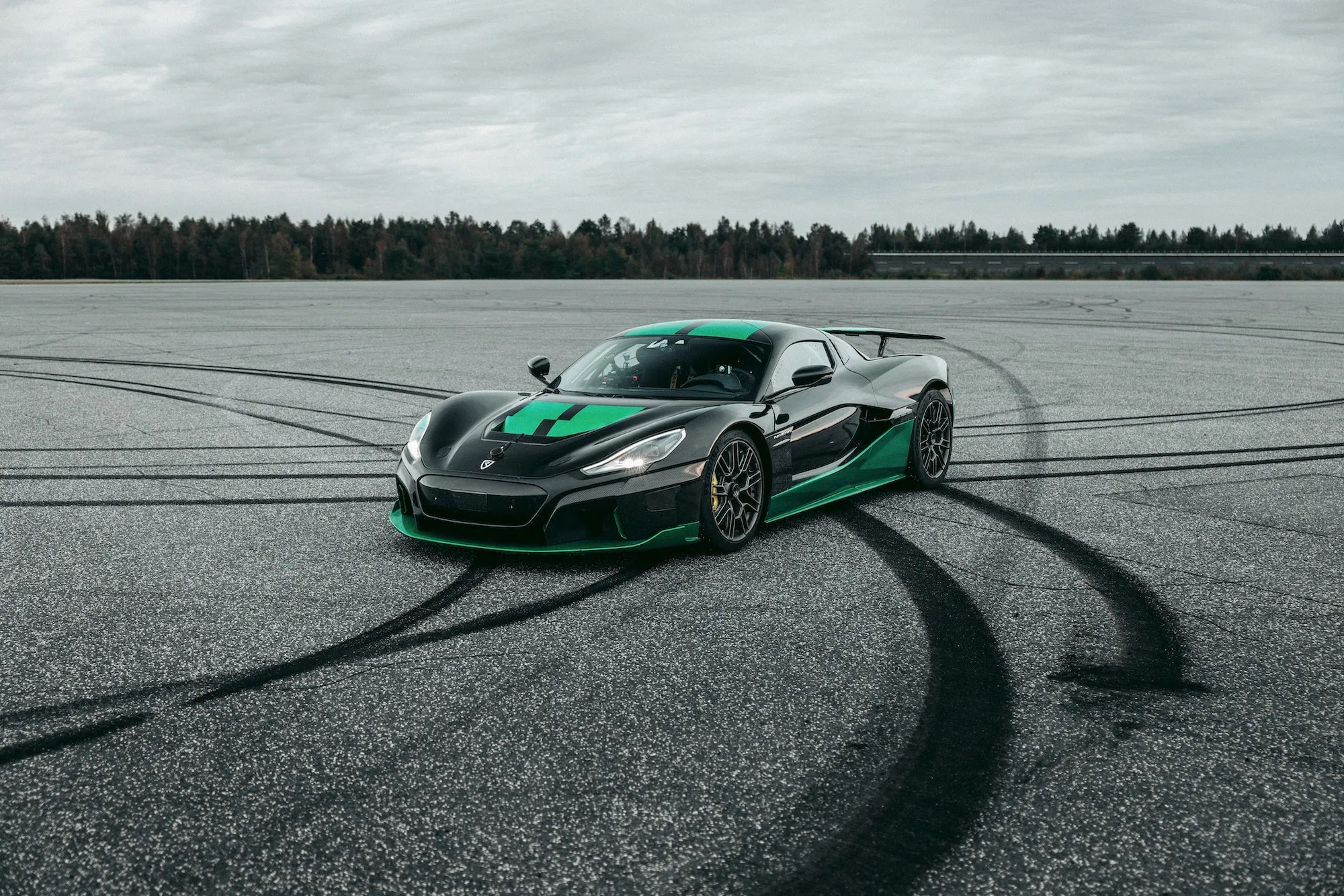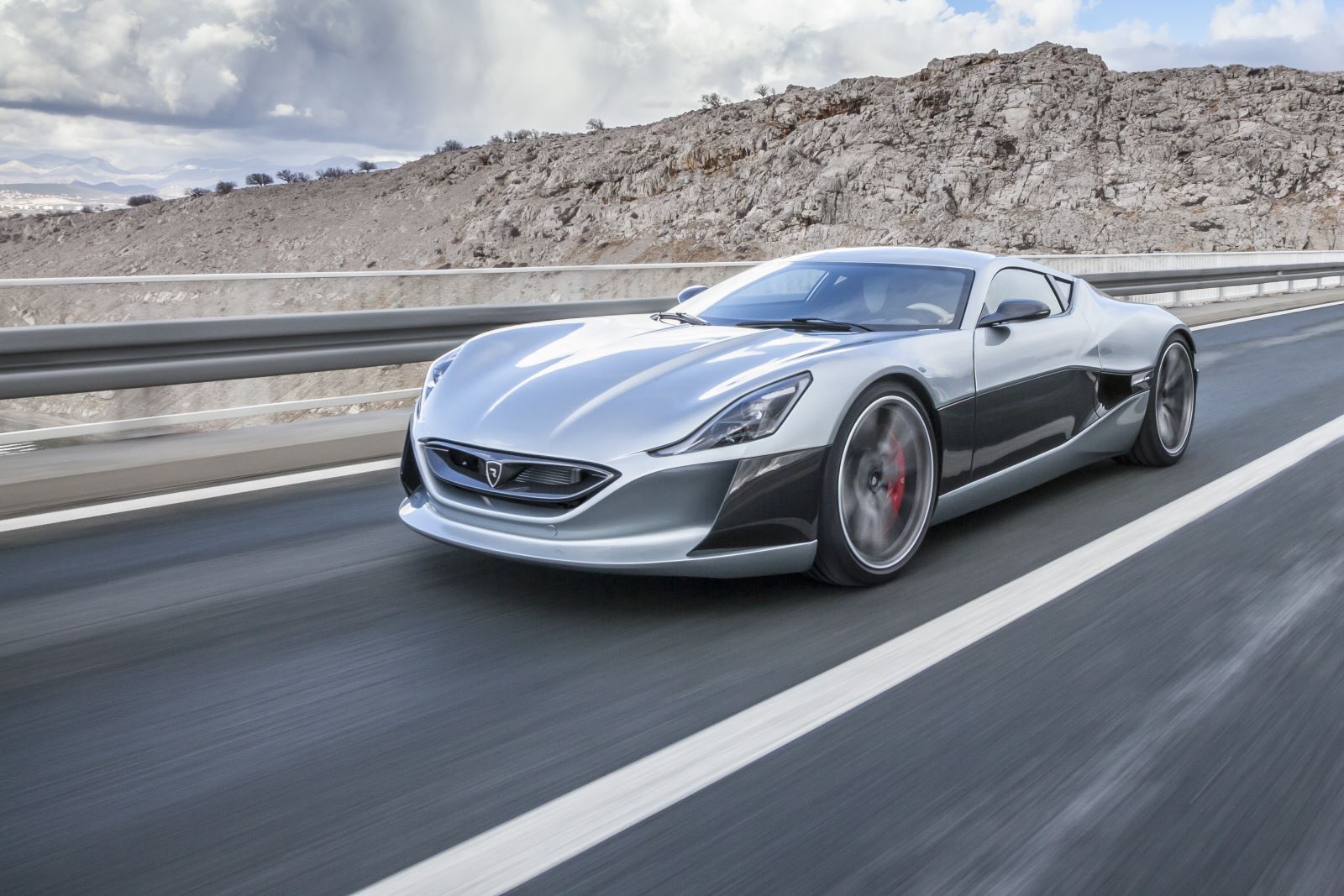Eliminating the need for batteries could further enhance Rimac’s electric supercars’ acceleration capabilities.
Rimac’s latest supercar might not rely on battery power but rather alternative fuels such as diesel, gasoline, or hydrogen.
CEO Mate Rimac hinted to Autocar, “Rimac isn’t just about electric cars but whatever is most exciting at any given time.”

After the Nevera set more than 20 records, Rimac aims to create an even more formidable electric vehicle.
He revealed that the company is “working” on a project to see “whether what’s called nano-tubes could be an efficient energy source for cars.” The objective is to generate electricity through the process of burning liquid fuel that causes the nano-tubes to twist.
The generated electricity would then power the vehicle’s motor. Thus, Rimac would have an electric car that doesn’t require batteries.

Abandoning batteries helps improve the electric car’s operational efficiency.
Rimac has experimented with this technology on a small scale, yielding results that show the nano-tube technology achieves an efficiency of up to 80%, compared to the average 30% efficiency of conventional internal combustion engines (ICE).
This system has to offset by still emitting a certain amount of CO2 into the environment, but significantly less compared to any regular ICE emissions.
Mate believes that this new technology could change the game for the entire automotive industry, particularly supercars and sports cars. Thanks to this new technology, electric supercars will no longer be as heavy as before, thus potentially allowing for incredible acceleration.
Rimac is a renowned electric supercar brand. The Rimac Nevera, priced at up to £1.7 million, recently set a Guinness World Record for being the fastest car in reverse. Additionally, the car broke more than 20 other records, including lap times at the Nurburgring racetrack.












